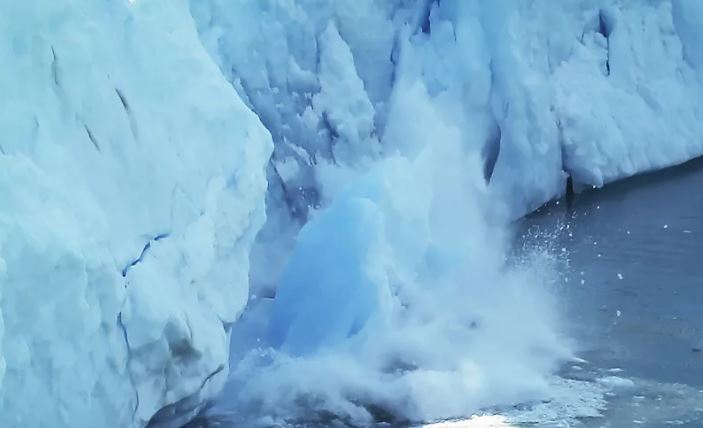The world’s glaciers are shrinking and disappearing faster than scientists thought, according to new research
For years we have heard that the planet’s glaciers are melting, but new research reveals that they are disappearing faster than expected and that by the beginning of the next century, up to 80% of these icy structures could be lost.
The research, published Thursday in the journal Science, is the result of an international initiative to develop new projections of glacier mass loss throughout the century under different emission scenarios.
The scientists discovered that, in a future scenario in which investments in fossil fuels continue, more than 40% of the glacier mass will have disappeared in a century, and more than 80% of the glaciers in number could eventually disappear.
But even in the best low-emissions scenario, where global mean temperature rise is limited to +1.5°C above pre-industrial levels, more than 25% of the glacier mass will have disappeared and the disappearance of almost 50% of the glaciers is expected.
Although most of these lost glaciers are small (less than one km2) by glacial standards, according to the study, their loss can negatively impact local hydrology, tourism, glacier hazards, and cultural values.
Glaciers respond slowly to climate changes
David Rounce, a glaciologist at Carnegie Mellon University and lead author of the report, explains that the way glaciers respond to climate changes takes a long time. He describes glaciers as extremely slow moving rivers.
So, he points out, cutting emissions today will not eliminate previously emitted greenhouse gases, nor can it instantly stop the inertia that contribute to climate change, meaning that even a complete cessation of emissions would still take 30 to 100 years. reflected in the rates of mass loss from glaciers.

